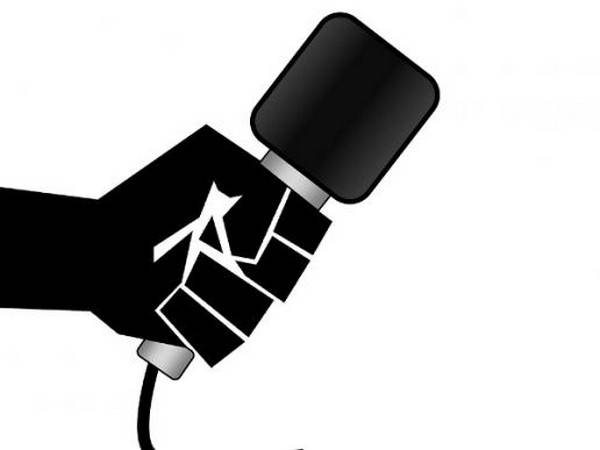
He highlighted the importance of investigative journalism and exhorted journalists to come up with investigative reports on issues of human interests and concerns…reports Asian Lite News
Former Supreme Court judge Justice Madan B Lokur noted on Saturday that the media is under attack “in many ways” in the country but the freedom of press is a fundamental right guaranteed under the Constitution and journalists must stand up to protect it.
Addressing a programme organised to present the IPI-India awards for excellence in journalism, he said a series of events, including lodging of FIRs against scribes and putting them under arrest for doing their job, has had “a chilling effect” on mediapersons, forcing them to become “far more cautious than they ought to be”.
“It is a matter of common knowledge that the press is under attack in many ways. Many journalists have been arrested and kept in prison for a considerable period of time for doing their work. Many others have FIRs against them for the same reason. There are also instances of some journalists being politely asked to toe the line…,” Justice Lokur said.
There were instances where the release of advertisements to media organisations was stopped or payments against the advertisements were withheld by the establishment, “thereby crippling small newspapers”, he pointed out.

“There is now a recent incident. A television channel’s licence has not been renewed on grounds of national security, without disclosing the material,” Justice Lokur noted, in an apparent reference to the case of Malayalam news channel MediaOne, which has filed an appeal against the Kerala High Court judgment that upheld the Centre’s decision.
“In other words, we are seeing the same side of the coin but from two different perspectives — one that upsets the establishment without any apparent justification and which results in a blow from the heavy hand of the law or the heavy hand of the establishment and the other that may have some undisclosed justification, which has the same result,” Justice Lokur said.
It is for this reason that the expression, “chilling effect”, has become quite common these days and consequently, journalists have become far more cautious than they ought to be or had been in the past, he added.
“Journalists need to stand up to protect their constitutional and fundamental rights, so that accusations of ‘godi media’ or somewhat compromised media do not become descriptive,” Justice Lokur said.
He highlighted the importance of investigative journalism and exhorted journalists to come up with investigative reports on issues of human interests and concerns, issues related to governance and various other challenges that the country is facing.
“Investigative journalism, I believe, is on the wane, with some exceptions,” he said and asked, “Is it not possible to pick up one of the many issues and challenges facing our country and investigate the causes and effects of some of these events?” Justice Lokur noted that soon after the lockdown announced in 2020 to curb the spread of COVID-19, the country saw “millions of people” leaving for their homes “on foot, on cycles or on overloaded tempos and trucks”.
However, the Supreme Court was informed by the Centre that no one was on the road at that time, he said.
“Did we have the facts or did we not? Did we have the truth or did we not?” Justice Lokur asked.
He said social and larger issues need to be highlighted through investigative journalism as this kind of reporting can lead to “better governance and policy changes” and help improve the lives of those belonging to marginalised sections.
“Journalists must contribute stories that go viral,” he said.
ALSO READ: Future tense for students returning from Ukraine


